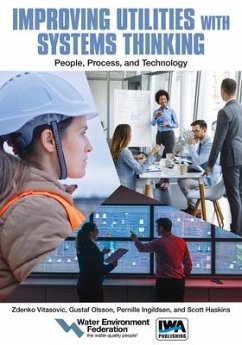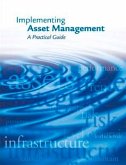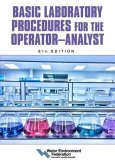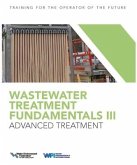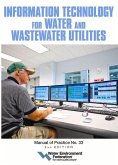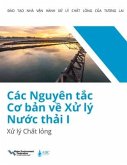Improving Utilities with Systems Thinking: People, Process, and Technology is a tool for utility leaders to better understand how groups can work together to ensure better performance; value to the organization, community, and environment; coherence; and well-being of the utility through the application of systems thinking and a methodology for improvement. The authors examined the management of water sector utilities from a "systems thinking," or holistic, point of view, starting with the complete system, then defining the components, considering the interactions between them, measuring key variables of value creation and impact, making adjustments, and learning. The overall goal is to establish a knowledge-based roadmap for improvement, including practical methodologies based on science and grounded in the real needs of water sector utilities. A systems approach acknowledges that an integrated system has qualities that the sum of the individual components cannot explain. It is by a holistic view that the system can be learning and developing in a more sustainable way so that a much broader value can be created--both monetary value and better organizational performance.
Hinweis: Dieser Artikel kann nur an eine deutsche Lieferadresse ausgeliefert werden.
Hinweis: Dieser Artikel kann nur an eine deutsche Lieferadresse ausgeliefert werden.

